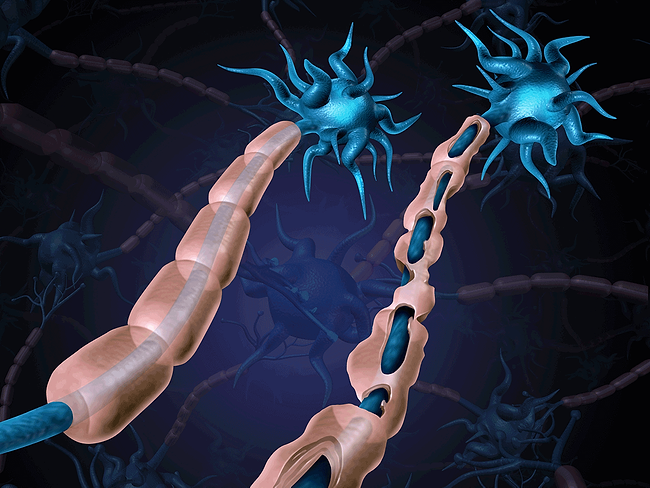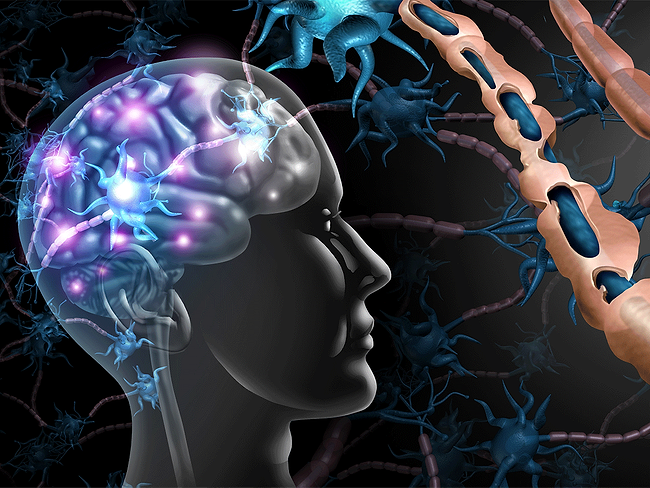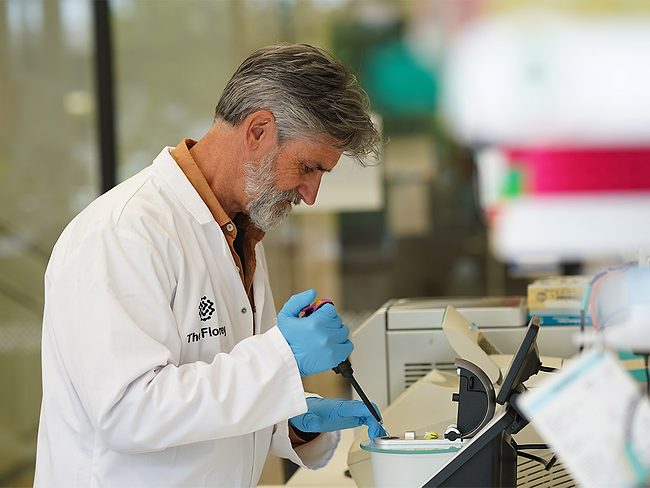
Items Tagged with 'multiple sclerosis'
ARTICLES
Neurology/psychiatric
AFC-5128 mitigates acute and chronic EAE via P2X7 receptor antagonism
Read MoreNeurology/psychiatric
Grant supports evaluation of Myrobalan’s GPR17 antagonist for progressive MS
Read MoreNeurology/psychiatric



